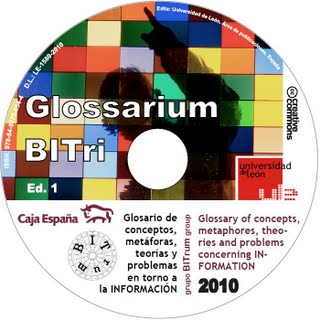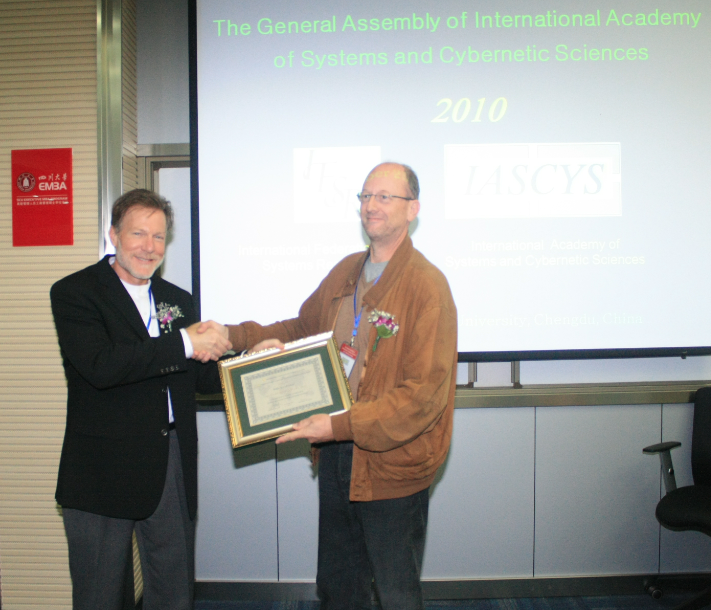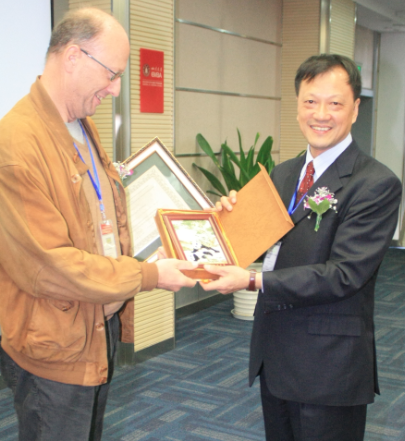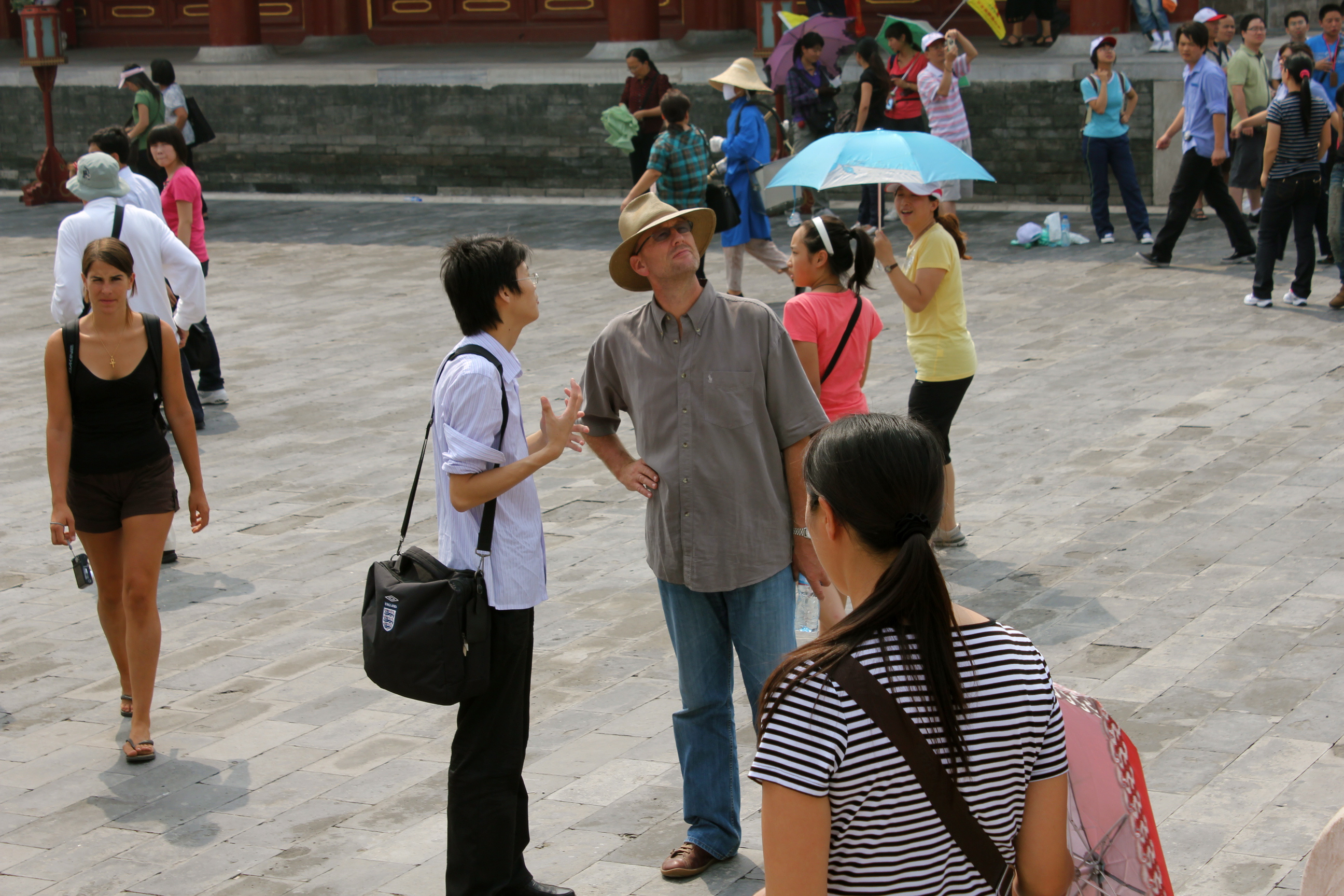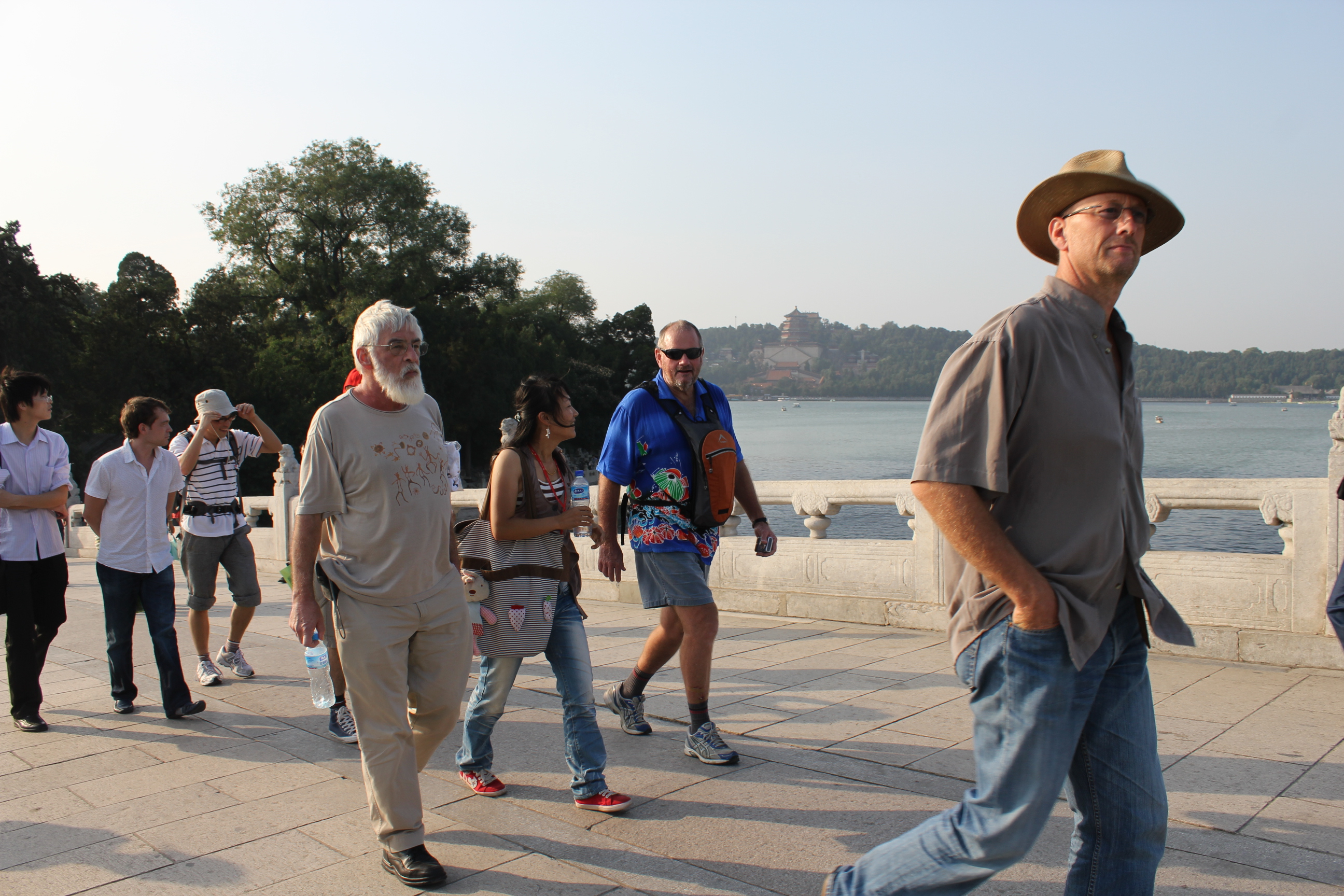hol'n wir uns den Himmel auf Erden.
Alles soll besser werden,
hol'n wir uns den Himmel auf Erden.
Alles wird besser werden,
wir holen uns den Himmel auf Erden.
Xavier Naidoo
christian fuchs professor!
i congratulate christian to his position and wish him all the best for the future.
i know him since he was a student of mine at the vienna university of technology. he attracted myself when excelling with knowledge about political economy theories like hirsch. i supervised his master thesis, then his phd thesis and i invited him to teach courses in vienna. when in salzburg, i offered him the post of an assistant professor. i promoted his habilitation in 2008. according to university laws his contract could not be prolonged.
see his inaugural lecture: http://media.medfarm.uu.se/flvplayer/installationsforelasningar-10/video23, http://media.medfarm.uu.se/flvplayer/installationsforelasningar-10/video23/part2, fuchs.uti.at/wp-content/uploads/Installationsfo.pdf
glossarium BITri first edition published
exactly after 2 years work, josé maría díaz nafría, mario pérez-montoro gutiérrez and francisco salto alemany published the first edition of the glossary on information concepts, theories, problems. it’s an electronic book on a cd-rom. see here. several authors contributed to the project (BITrum). anyway, it’s work in progress, it’s one step only and others are to follow!
honoring Gunilla Bradley
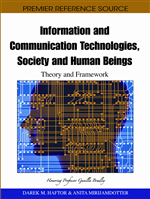 the book has been released, finally (see my post from 15 august). it’s a big and heavy book, and a great book too. also it’s extremely expensive. only institutions will afford it. (as author i can provide any single individual with a 50 % discount. but $ 90,00 seems still not moderate in price.) here you find the contents.
the book has been released, finally (see my post from 15 august). it’s a big and heavy book, and a great book too. also it’s extremely expensive. only institutions will afford it. (as author i can provide any single individual with a 50 % discount. but $ 90,00 seems still not moderate in price.) here you find the contents.
valie export’s struggle with society
yesterday my wife and me visited an exhibition of valie export’s sculptures and installations of the last 20 years. valie export herself played the role of a guide.
one of her early videos impressed me. it shows her, naked, as she tries to get along with electrical wires, she crawls on all fours and gets ever more crippled when being hit by electric shocks. in talking about this video valie export said the wires signify the restrictions of society; society has not changed so far and goes on to domesticate individuals. thus she gave an idiosyncratic interpretation of the process of socialisation (admittedly right when characterising the neoliberal agenda for streamlining our bodies). what is missing here is the feedback. in the discussion after the guided tour she gave the full picture. individuals still struggle being partly successful and are so able to change the world. isn’t each of us responsible for how much we struggle?
what does “trans-” mean in “transdisciplinarity”?
while being at chengdu, i had an interesting conversation with ranulph glanville (he is vice-president of the international academy of systems and cybernetic sciences). it was about the meaning of the term “transdisciplinarity”. i had suggested that a transdisciplinary endeavour includes stable relationships between the parties involved and that these relationships would make the parties change, while otherwise, that is in case of ephemeral interaction, the parties wouldn’t change and the term “interdisciplinarity” would be a proper signification. ranulph said that “trans-” in “transdisciplinarity” means in his view crossing the borders of one discipline towards another discipline. that’s right. but the important point is how that crossover is realised. is it a one-to-one translation? or is it rather a transformation – a process in which the disciplines in question jointly construct common grounds as kind of a metadiscipline such that each relation from one discipline to the other is conveyed via the metalevel? in the latter case, the parties subject themselves to a “third party”. they give up some individuality to become part of a shared system and gain mutual understanding they wouldn’t have otherwise.
ranulph defines “interdisciplinarity” in the following way: all the parties involved have got advantages or they produce a common product. i’d like to draw some distinction here: in the first case, everything depends on whether the parties have got advantages that might be ephemeral (as in many online communities of interest, communities of practice) or not. if they are ephemeral, i’m inclined to label them “interdisciplinary” as ranulph does. however, if they are not ephemeral, if they are sustained, if they are synergisms the parties lock in to, then they are systemic because the parties entered a system, which is a quite different situation. wouldn’t it be better to have another term for such a relationship?
ranulph made an example for the second case. a couple gets a baby born. the baby is the common product. that’s a good example. in my opinion, by producing that common product the couple builds up a new system by which they will undergo transformation. also in that case another term than “inter-” is requested to fit. “inter-” would rather signify a one-night stand, wouldn’t it?
thus my plea for using “transdisciplinarity”. it can neatly denote what franics heylighen et al. call a metasystem transition, if applied to disciplines.
china again
i have been to chengdu, sichuan. i attended the first general assembly of the recently founded international academy for systems and cybernetic sciences (iascys). i have been appointed an academician of iascys.
gary metcalf, president of ifsr, hands over the certificate “in recognition of outstanding contributions to research and practice in systems and cybernetic sciences”
jian shi, vice-president of sichuan university, presents giant-panda embroidery
i’m very impressed by chinese efforts in education, by their economic growth and there is awareness of environmental problems. if the european union states will not change their austerity policies, china will lap them sooner rather than later.
“if you think that education is too expensive, try ignorance”
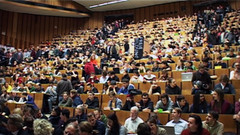 yesterday was a great day for austria. the universities organised a protest day. unanimously the students’ representatives as well as the employees’ representatives and the rectorates, the university councils, the senates supported the action. the government is going to cut the budgets for education which is shortsighted, against eu recommendations and will forestall future economic well-being of the country.
yesterday was a great day for austria. the universities organised a protest day. unanimously the students’ representatives as well as the employees’ representatives and the rectorates, the university councils, the senates supported the action. the government is going to cut the budgets for education which is shortsighted, against eu recommendations and will forestall future economic well-being of the country.
it’s a shame…
vienna where i’m back to now had had its elections. the so-called freedom party, a rightwing populist party, by the way the follow-up party of a group of NSDAP members after WW II in austria, got a quarter of the votes. they got it by playing with xenophobia. i’m ashamed of my fellow citizens who voted for them. i’m ashamed of the fact that in “the world’s nicest city to live” a quarter of the voters find themselves in an economic, social and educational situation that makes them vote for the radical. and i’m ashamed of those in power who are responsible for that situation and run after the radical in migration and integration issues.
what’s the big difference between these voters whom you don’t dare to call “declassified, asocial idiots” (comic star grissemann in his recent weekly tv programme) and those who supported nazism when my parents were young?
“international society for information studies” on the way
beijing conference opens grand perspectives (photo: miranda kajtazi)
the beijing conference “towards a new science of information”, hosted by the social information science institute at the huazhong university of science and technology in wuhan and the chinese association of artificial intelligence, counted a total of 63 participants (29 from abroad).
this conference was a milestone in the tradition of the fis (foundations of information science) conferences for two reasons:
– for the first time experts and representatives of such great a variety gathered under the banner of this conference; and
– we took the decision to found an “international society for information studies” and to hold conferences every 2 years.
let’s go on the long march! (photo: miranda kajtazi)
icts-and-society network: the next 2 years
we met in castelldefels. we had more than 60 participants from all over the world, that is, from all continents but africa. we had an excellent phd day for our young researchers and a fairly good integration of them during the next days. we had several self-organised thematic sessions and only two paper sessions. not to forget our two keynote speakers bill dutton and juliet webster. and the president of the open university of catalonia, imma tubella, who welcomed us so warmly.
now the floor is open to plan the next two years. christian fuchs kindly agreed to join me as co-coordinator, he will be responsible for a newsletter for the platform members.
our suggestion is to have a special meeting around a certain topic next year and a bigger meeting in two years. it’s up to the network members to make suggestions! and the network is open to any researcher in the field.
for the castelldefels meeting see http://www.icts-and-society.net/meeting/. for the platform see http://www.icts-and-society.net/.

